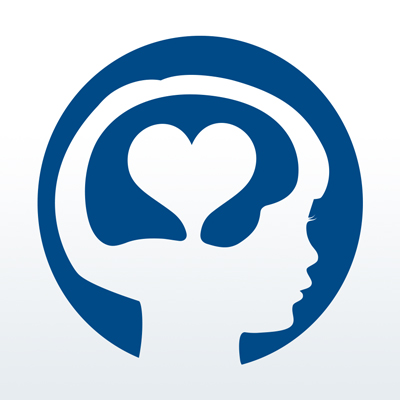New Findings on Brain-based Learning
Brain-based learning uses research on how students process information differently as they age, grow, and mature socially, emotionally, and cognitively to inform teaching strategies and curricula. This area of study also explores the role that emotion and motivation play in student learning and how to improve cognitive ability through teaching approaches that promote their incorporation.
- Wolfe, P. (2010). Brain matters: Translating research into classroom practice. ASCD. This text introduces a model of how the brain processes information and discusses its implications for classroom practice and teaching strategies.
- Carew, T. J., & Magsamen, S. H. (2010). Neuroscience and Education: An Ideal Partnership for Producing Evidence-Based Solutions to Guide 21st Century Learning. Neuron, 67(5), 685-688. This article discusses Neuro-Education as a relatively new research discipline that taps into the fields of neuroscience, psychology, cognitive science, and education to better understand how children learn and how this information can be applied to teaching practices, curricula, and educational policy.
- Tokuhama-Espinosa, T. (2010). Mind, brain, and education science: A comprehensive guide to the new brain-based teaching. WW Norton. This text summarizes the research pertaining to brain function as it relates to education and teaching strategies.
- Immordino-Yang, M. H., & Faeth, M. (2010). Building smart students: A neuroscience perspective on the role of emotion and skilled intuition in learning. Mind, brain and education: Neuroscience implications for the classroom, 66-81. This book chapter discusses the role of emotion in learning and offers teaching strategies.
- Saleh, S. (2011). The Effectiveness of the Brain-Based Teaching Approach in Generating Students’ Learning Motivation Towards the Subject of Physics: A Qualitative Approach. US-China Education Review, 63-72. This study demonstrated that brain-based teaching was more effective in motivating students to learn physics than conventional teaching approach.
- Lipsett, A. B. (2011). Supporting Emotional Regulation in Elementary School: Brain-Based Strategies and Classroom Interventions to Promote Self-Regulation. Mind, Brain, and Education: Implications for Educators, 157-175. This article describes a small intervention study that demonstrated that brain-based strategies could be helpful in regulating students’ emotions.
- Thornton, S., Galluzzo, G., Quinane, M., & Taylor, D. (2010). One on one numeracy intervention: A pilot project in low SES communities. Shaping the future of mathematics education, 555-562. This study demonstrated that brain-based approach to teaching mathematics was successful in improving cognitive and affective abilities of students attending low SES schools.
- Erbes, S., Folkerts, M., Gergis, C., Pederson, S., & Stivers, H. (2010). Understanding how Cognitive Psychology can inform and improve Spanish vocabulary Acquisition in High School Classrooms. Journal of Instructional Psychology, 37(2), 120-132. This study demonstrated that brain-based approach could be effective in teaching Spanish vocabulary.
- Akyürek, E., & Afacan, Ö. (2013). Effects of Brain-Based Learning Approach on Students’ Motivation and Attitudes Levels in Science Class. Mevlana International Journal of Education (MIJE), 3 (1), 104-119. This study demonstrated that brain-based learning approach was more effective in improving students’ motivation to learn Science when compared to control groups.
- Gökhan, B. A. S. (2010). Effects of brain-based learning on students’ achievement levels and attitudes towards English lesson. Elementary Education Online, 9(2), 488-507. This study demonstrated positive effects of brain-based learning on students’ achievement and attitudes towards English compared to traditional teaching practices.




